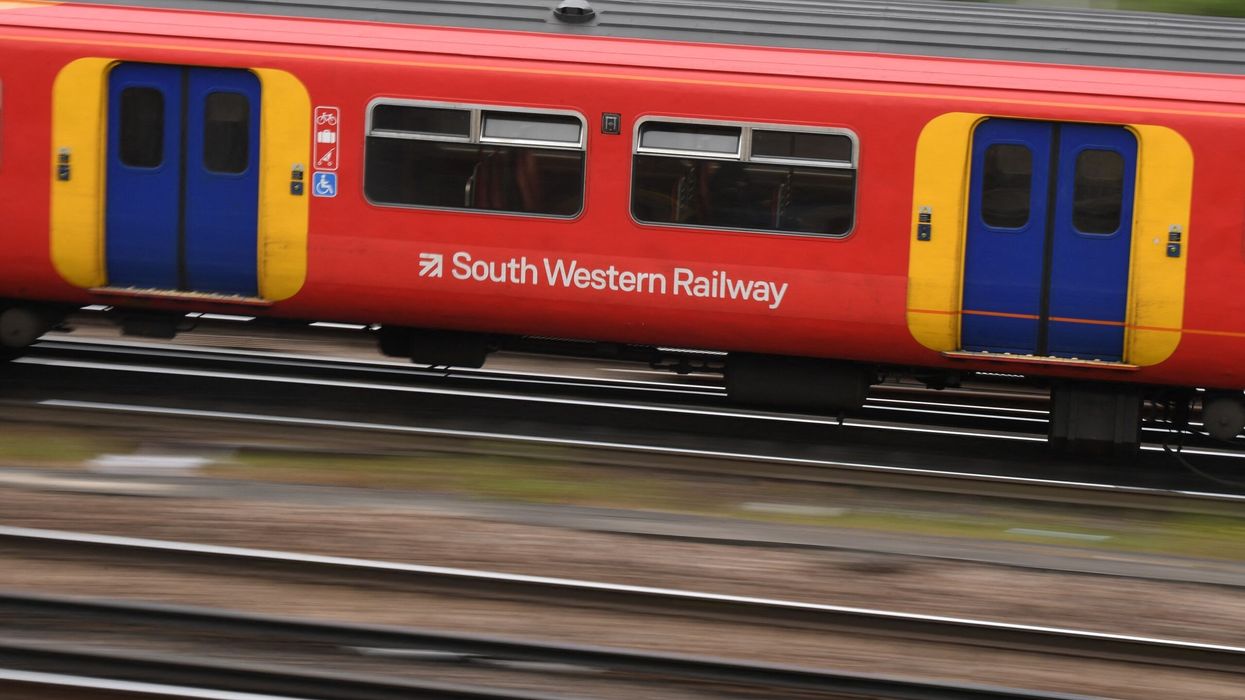SOUTH WESTERN RAILWAY (SWR) will become the first train operator to be renationalised under Labour's plans to address issues in the country’s railway system, the Department for Transport announced on Wednesday.
SWR, one of the largest commuter train services in the UK, operates from London Waterloo station.
It will return to public ownership next year, the transport department said.
Currently, SWR is run by FirstGroup and Hong Kong-based MTR. The move is part of the government’s broader strategy to overhaul Britain’s privatised railways.
Train services were privatised in the 1990s, but recent years have seen several operators renationalised after losing franchises due to underperformance.
Labour’s plans include establishing a publicly owned body, Great British Railways, to oversee passenger rail contracts as they expire.
The government expects this process to be completed within its first term in office.
The government cited delays, cancellations, and inefficiencies as reasons for the nationalisation.
A statement described the decision as a step to address "unacceptable levels of delays, cancellations, and waste seen under decades of failing franchise contracts."
Services across southern England and East Anglia are expected to come under public control by autumn 2025.
These services will initially be managed by Operator Limited, a public body running nationalised trains on behalf of the government.
Operator Limited’s functions will eventually be integrated into Great British Railways.
(With inputs from Reuters)




